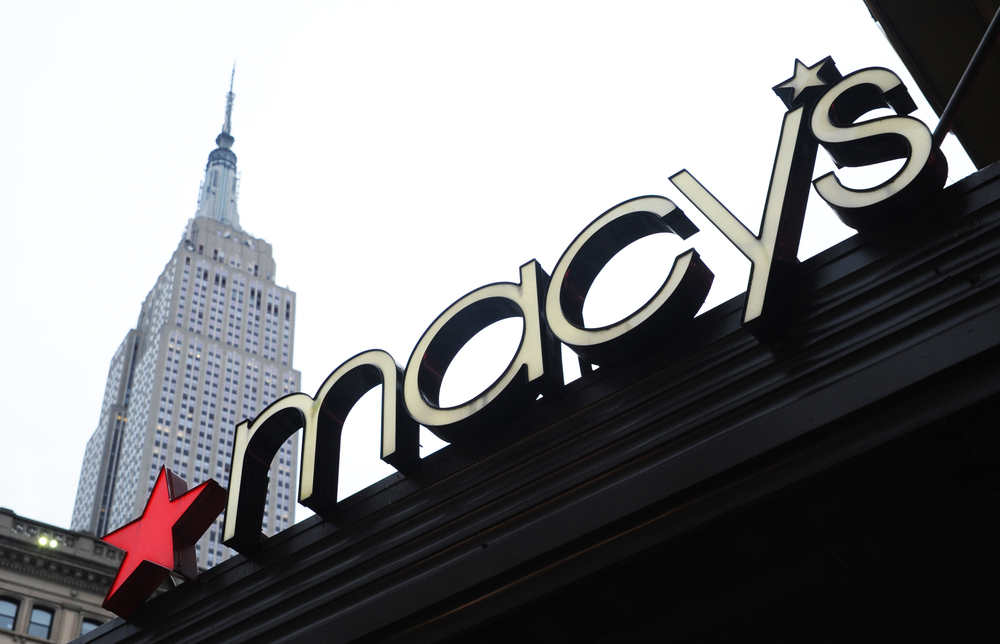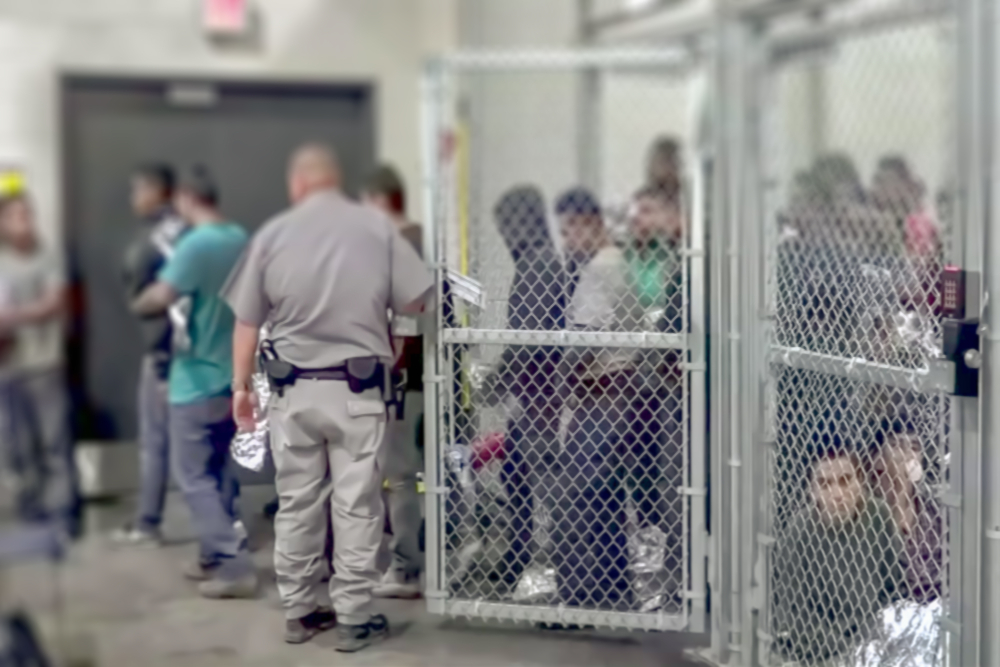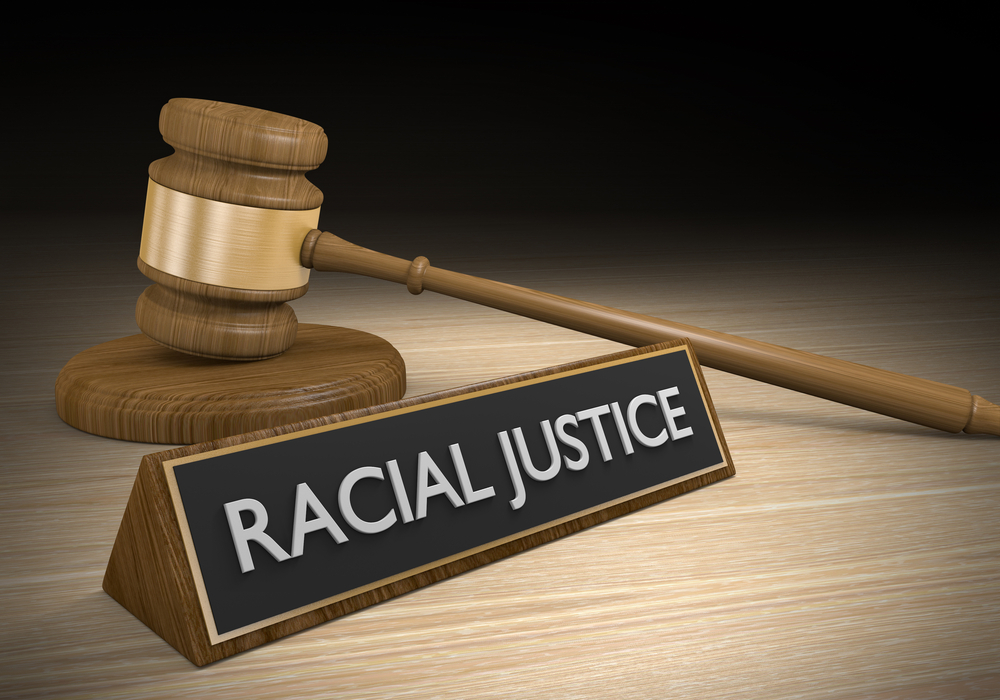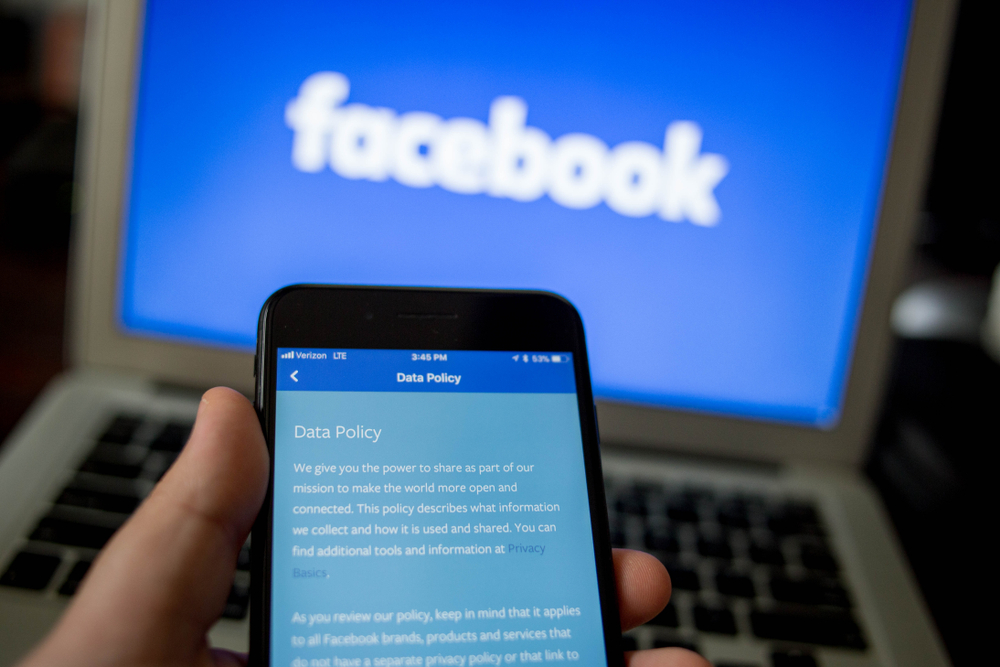An Illinois woman is suing Macy’s Department Store for using facial recognition software in a state with the strictest rules against it. The suit, open to all Macy’s customers in Illinois, highlights the ongoing battle against facial recognition, especially when its use is not revealed in publicly available spaces, like stores, restaurants and warehouses.
Isela Carmean filed the suit against Macy’s after discovering it was using the facial recognition software in its Illinois stores.
The suit alleges that Macy’s is violating Illinois law when it identifies customers recorded on surveillance cameras by using the facial recognition software, according to the American Bar Association Journal.
“The Aug. 5 lawsuit, filed in the Northern District of Illinois, alleges violations of the Illinois Biometric Information Privacy Act and the state’s consumer fraud law. The biometric privacy law bars some private companies from obtaining scans of facial geometry without written consent,” the article says. “Macy’s uses software provided by Clearview AI Inc., which scrapes data from Facebook, Instagram, Twitter and other internet platforms, according to the lawsuit.”
RELATED: Can the police search your smartphone, or force you to unlock it?
RELATED: Artificial intelligence can infringe on real-life civil liberties
Facial recognition software recognizes the human face through technology, according to Norton Internet Security. “A facial recognition system uses biometrics to map facial features from a photograph or video. It compares the information with a database of known faces to find a match. Facial recognition can help verify personal identity, but it also raises privacy issues.”
It is used for everything from police surveillance to marketing.
A New York Times article stated that facial recognition software “might be the world’s most divisive technology.
“Law enforcement agencies and some companies use it to identify suspects and victims by matching photos and video with databases like driver’s license records. But civil liberties groups say facial recognition contributes to privacy erosion, reinforces bias against black people and is prone to misuse,” the article says. “San Francisco and a major provider of police body cameras have barred its use by law enforcement, and IBM … backed away from its work in this area. Some proposals to restructure police departments call for tighter restrictions on their use of facial recognition.”
Carmean’s suit claims Macy’s is “actively profiting off” the information “through improved security and/or through marketing.”
It further claims the store chain has run more than 6,000 identities through the Clearview database. “Clearview’s database is unique – it has run every one of the 3 billion photographs it has acquired through facial recognition software to extract and index the unique biometric data from each face. The database thus also contains the biometric identifiers and information of millions of Americans. Any private citizen can be identified by uploading a photo to the database.”
That gives Macy’s, which declined to comment for this article, access to every individual’s personal details, according to the complaint, noting that such use is illegal in Illinois.
The complaint also claims that Clearview’s “illegal surveillance database” is an invasion of customers’ right to privacy.
“Clearview ‘scrapes,’ ‘harvests,’ or otherwise obtains information and photos of millions of Americans from the internet, in particular social media platforms like Facebook and Instagram. That is, they use automated software or processes to obtain massive amounts of data without the consent or knowledge of the platform users. Macy’s stores are equipped with video surveillance that captures the images of its visitors and customers. Macy’s sends or has sent pictures of persons who have visited its stores to Clearview, to identify the people in the pictures and obtain their personal information. Clearview then runs the photos through facial recognition software which identifies the photos that contain faces.”
That is the same way Facebook uses it to allow people to tag others in photos, according to the American Bar Association. A photograph is automatically associated “with a known person,” it states. “Their facial recognition algorithm performs well as it is assisted and improved by its own users who tag themselves and fellow users in photos, many of which are taken at different angles and in different lighting.”
There are numerous activist groups working to outlaw the use of facial recognition not only by police – the use that gets the most public attention – but also by private companies with public access.

“We have called for an outright ban on corporate use of facial recognition as well as its use by government,” said Evan Greer, deputy director of Fight for the Future, a group of artists, engineers, activists and technologists who “fight for a future where technology liberates – not oppresses – us.”
“Particularly in a retail space or space open to the general public, it poses a threat to people’s basic rights, privacy and civil liberties,” she said. “They should not be able to use it on their customers and certainly without their customer’s knowledge and consent.”
Greer said one of the most frightening scenarios is the idea that facial recognition software can be used to compare, in real time, to mugshot databases. “They could just ban everyone from their stores that has ever been arrested for shoplifting. It would be profoundly discriminatory. Some people are more likely to get arrested and end up in a mug shot than others. It is de facto racial discrimination.”
There are also more mundane ways the technology is used that also raise concerns, Greer said. “Say there is a soda display that tries to match you and shows you an ad for something it thinks you want to buy. So, now, we’re not just chased around the internet with targeted advertising, but it is served directly to us based on what corporations are harvesting about us. Companies start pushing people toward certain products or even start using differential pricing based on what you can afford.”
Another category, Greer said, is using facial recognition on employees. “You should not have to subject yourself to constant surveillance by your employer just to have a job. If companies are using it in their warehouses or on workers who might be trying to organize, there are First Amendment and civil liberties concerns.”














